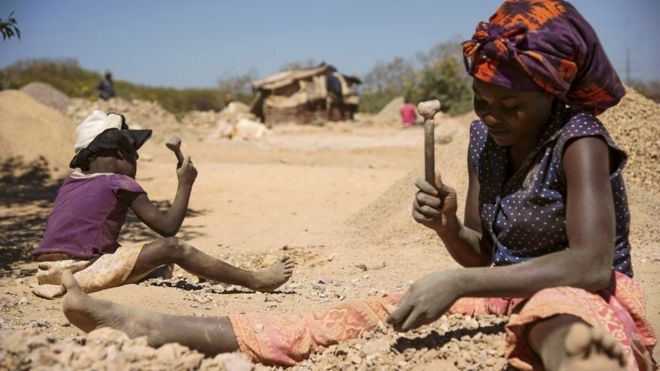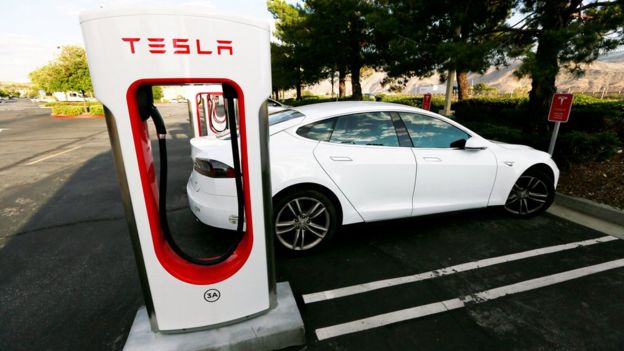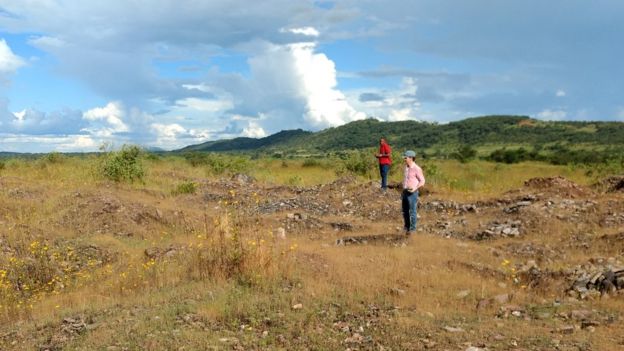
This article first appeared in BBC News and was written by Ian Hardy, BBC’s Technology of Business Reporter
A number of metals are crucial components in a range of technologies, from smartphone batteries to electric cars. So could a market shortage and spiralling prices put the brakes on the global tech industry?
Cobalt has been used for thousands of years to give a deep blue-ish hue to pottery, paint and jewellery. But more recently, it has become a crucial metal used in the batteries powering millions of tech gadgets, including the electric cars made by Tesla and others.
About half of all cobalt demand comes from the expansion of electric vehicle production and development worldwide.
The problem is, we can’t get enough of it. No wonder its price has doubled in the last year alone.
“We are definitely entering a period of deficit and that will start this year,” says Lara Smith, managing director of Core Consultants, a commodities researcher.
“In 2016, the supply of cobalt was about 104,000 tonnes and demand was about 103,500. The hybrid and electric vehicles are in a nascent growth phase, so as we continue along this track we expect there to be a greater and greater deficit.”

Only 2% of cobalt is mined directly – 98% of it is produced as a by-product of nickel and copper mining. Unlike other battery metals like lithium, cobalt is quite rare and its quality can vary geographically. About two thirds of the supply comes from Africa’s Congo region.
It’s little wonder then that First Cobalt Corporation in Toronto recently invested in seven large areas of land in the Central African “copperbelt” with the intention of finding more copper and cobalt reserves in the ground.
“Electric vehicle market penetration around the world is projected to grow 26% this year alone,” chief executive Trent Mell tells the BBC.
“We are predicting a growth rate in cobalt demand of 5% per year for the next five years. On the supply side the pipeline of new production is pretty scarce.
“To bring up a mine to full production can take up to 10 years.”

Efforts to mine cobalt in North America are under way, but any increase in US and Canadian production is expected to be small compared with future anticipated demand globally.
And the Congo mining region has also been under scrutiny as it deals with accusations of child labour and other human rights abuses, summarised in an Amnesty International report last year.
In other words, ramping up supply could take quite some time.
And this shortage in the supply of “technology metals” is not limited to cobalt.
Many modern electronics rely on them – neodymium, praseodymium and dysprosium to name but a few – which make them faster, lighter, stronger, and more energy efficient.

These rare earth metals along with minor metals such as lithium and tantalum are now just as important as the traditional base metals and precious metals.
“The colour red on a MacBook Pro screen is made from europium; the colour green is because of a metal called terbium; touch screen technology relies on indium,” explains David Abraham, author of a book called The Elements of Power.
“A lot of these metals have only been discovered in the past 100 years. We’ve had a long time to play with copper and iron. But we are just beginning to understand the power of these newer materials.”
